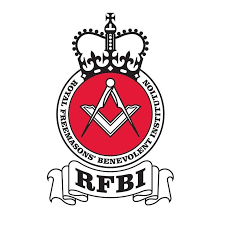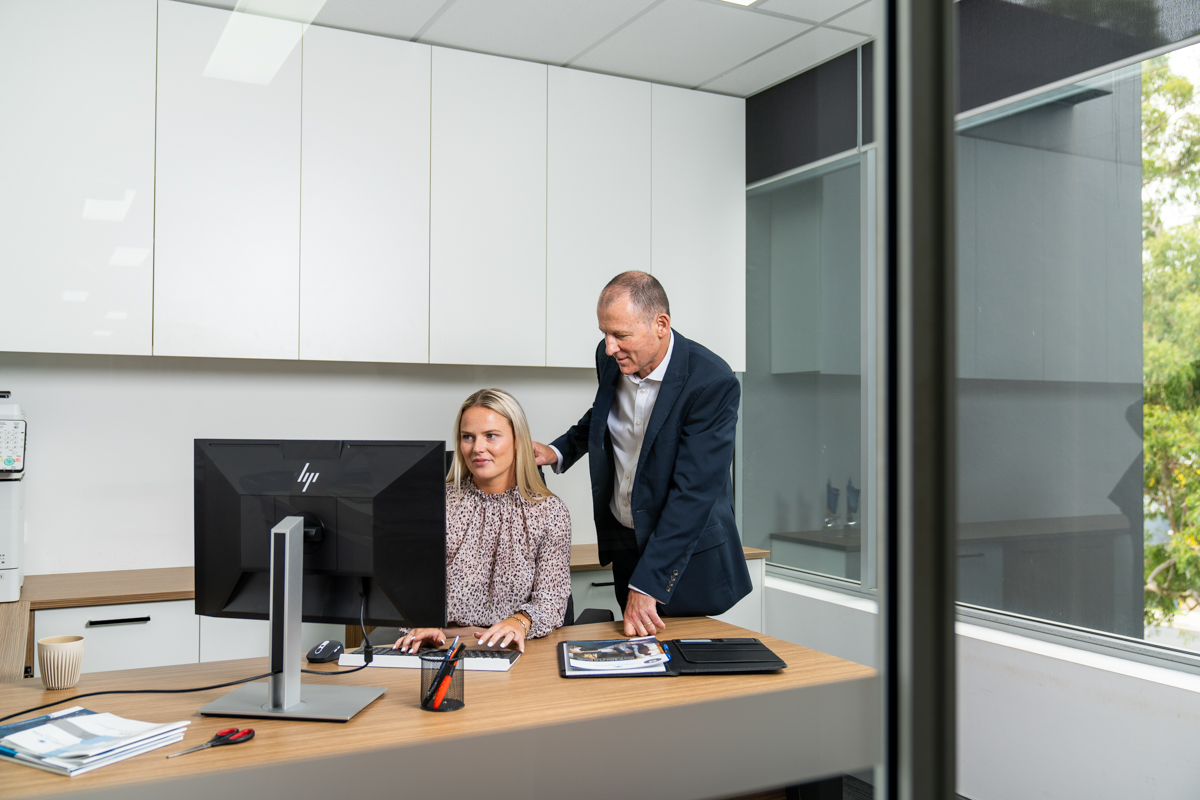While most homeowners focus on protecting their homes against theft and fire through locking devices, alarm systems and smoke detectors, they tend to ignore another major threat to their homes – internal water leak damage. Homeowners of a property with a history of water damage could face difficulty obtaining insurance, or experience higher premiums.
To minimise the chance of internal water leak damage, here are some proactive steps you can take to protect your home.
1. Checking the quality of your flexi-hoses
The easiest way to avoid a devasting water damage loss is to physically inspect your flexi hoses and look for signs of corrosion. Burst hoses can cause floods, which is why it is important to regularly inspect them, especially when you plan to be away for extended holidays.
Flexi-hoses can be found under the sinks in your kitchen, butler’s pantry, bar, laundry and bathrooms. If any hoses are showing signs of leakage or corrosion, they need to be replaced immediately. A corroded hose will ultimately burst, which has the potential to flood your home. Replacement flexi-hoses should be of a superior quality and have Australian Standard certification S 3499:2022. These hoses can be installed by a licensed plumber.
2. Turn off your water while away from your home
A great way to ensure your home remains free of water damage while you are away, is to turn off the water supply at each wet area. Simply locate the stop taps under your sinks or hand basins and turn them off. This straightforward action eliminates the possibility of a water leak caused by an appliance while you’re on vacation. You can also turn off water supply at stop taps located on your plumbed refrigerators, water filters, and washing machines.
3. Inspect your plumbing
Regular inspections by a licensed plumber to check the valves on your sinks, showers, and toilets, to ensure they are in good working order, can help identify potential issues.
Plumbing supply systems are the number one cause of non-weather-related losses. That means your kitchen, bathrooms, and laundry room, and the pipes that connect them to the water supply, warrant a bit more attention. A qualified plumber can inspect your plumbing water lines and waste line for leaks, damage or corrosion.
4. Check air conditioning units
A water leak from an air conditioner means you will need to address repairs and assess the water damage done to your home. A major air conditioner leak can affect everything from ceilings, walls, floorboards and can damage, walls, and induce mould growth.
Air conditioner leaks are often caused by dirty unit filters, cracked pipes, clogged condensate lines or broken condensate pumps. Investing in routine inspections to identify water leaks or changing your filter regularly to prevent the unit from overworking, can help prevent leaks before they start.
If you do experience water damage, it is important to have the right insurance coverage that will cover your home and valuables sufficiently while giving you the support and resources to get back on your feet.
Contact Warren Saunders Insurance Brokers at team@wsib.com.au or (02) 9587 3500 for your insurance solutions.
Source: Chubb
Tips for protecting your home’s interior from water damage | Chubb















